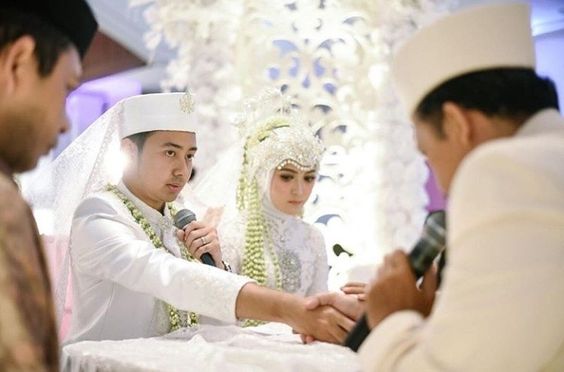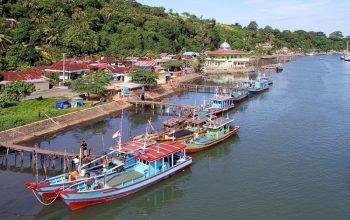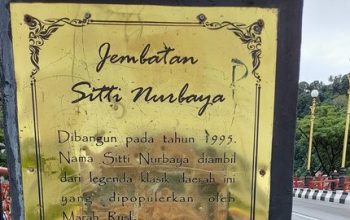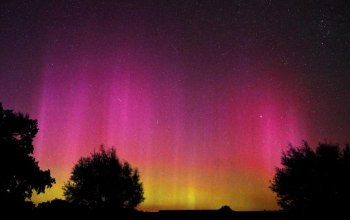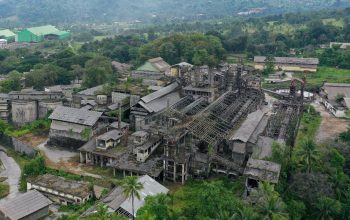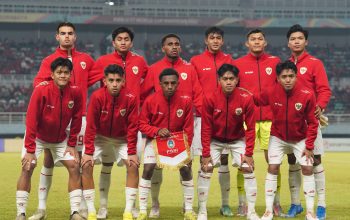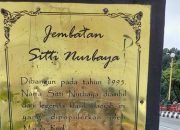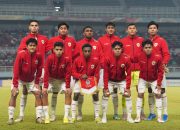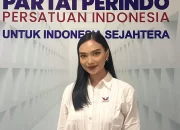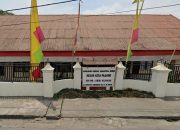In the Minangkabau society, the akad nikah (marriage contract) has distinctive features and traditions that set it apart from other regions in Indonesia. Here’s an overview of the akad nikah according to Minangkabau customs:
Matrilineal System:
The Minangkabau people follow a matrilineal system, where lineage is traced through the mother’s side. This influences many aspects of their lives, including marriage.
Marriage Preparations:
Maresek: The initial stage where the bride’s family conducts a survey and investigation of the potential groom.
Meminang: After maresek, the bride’s family sends representatives to formally propose to the groom. This is the reverse of the tradition in many other regions in Indonesia.
Stages of Akad Nikah:
Batimbang Tando: The exchange of tokens (rings or other valuable items) as a symbol of initial agreement between the two families.
Malam Bainai: A pre-wedding ceremony where the bride’s hands are adorned with henna (inai).
Manjapuik Marapulai: The bride’s family fetches the groom (marapulai) to bring him to the bride’s family home for the akad nikah.
Akad Nikah:
The akad nikah in Minang custom is conducted at the bride’s family home. This ceremony is led by an adat (customary) leader or a local religious figure.
Similar to the general Islamic tradition, the akad nikah involves the ijab (offer) and qabul (acceptance) recited by the bride’s guardian and the groom.
The dowry (mahar) is presented by the groom to the bride.
Reception Tradition:
After the akad nikah, a wedding reception, known as “Ale Aleh”, is usually held. In this event, guests from various clans are invited to celebrate the marriage.
Traditional Minangkabau customs and traditions, including dances, traditional music, and traditional attire, are prominent in this reception.
Cultural Values:
Marriage in Minangkabau society not only unites two individuals but also two extended families. Therefore, the preparation and execution of the marriage are heavily influenced by the values and traditions passed down through generations.
Marriage is seen as an effort to preserve and continue adat (customs) and strengthen inter-clan relationships within the Minangkabau community.
By adhering to these traditions, the Minangkabau people ensure the continuity of their customs and maintain cultural and religious values in every marriage ceremony.
